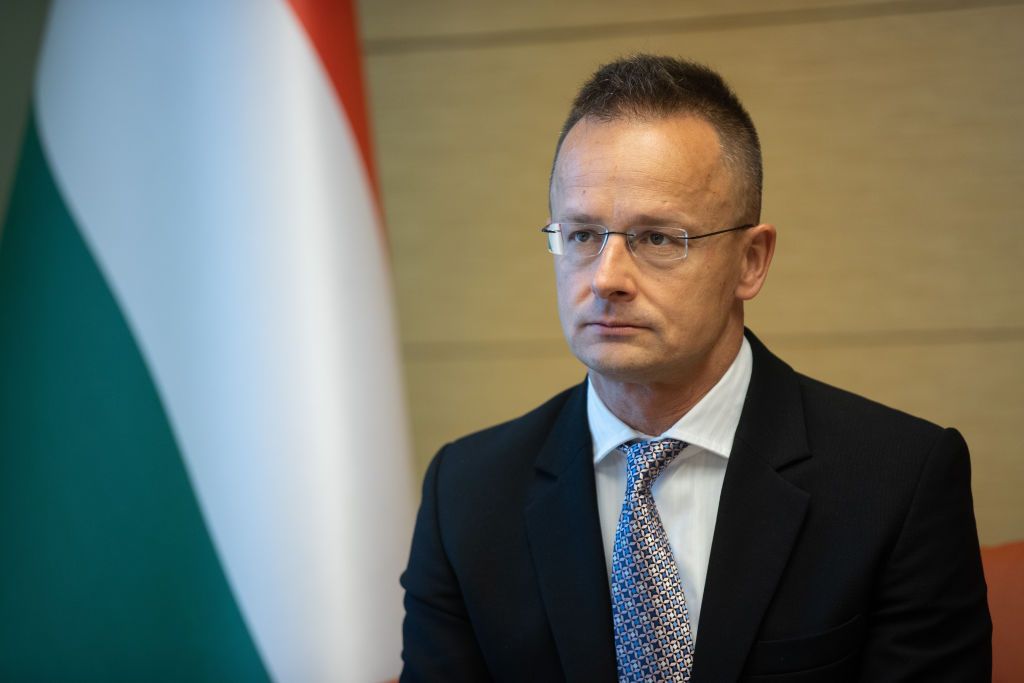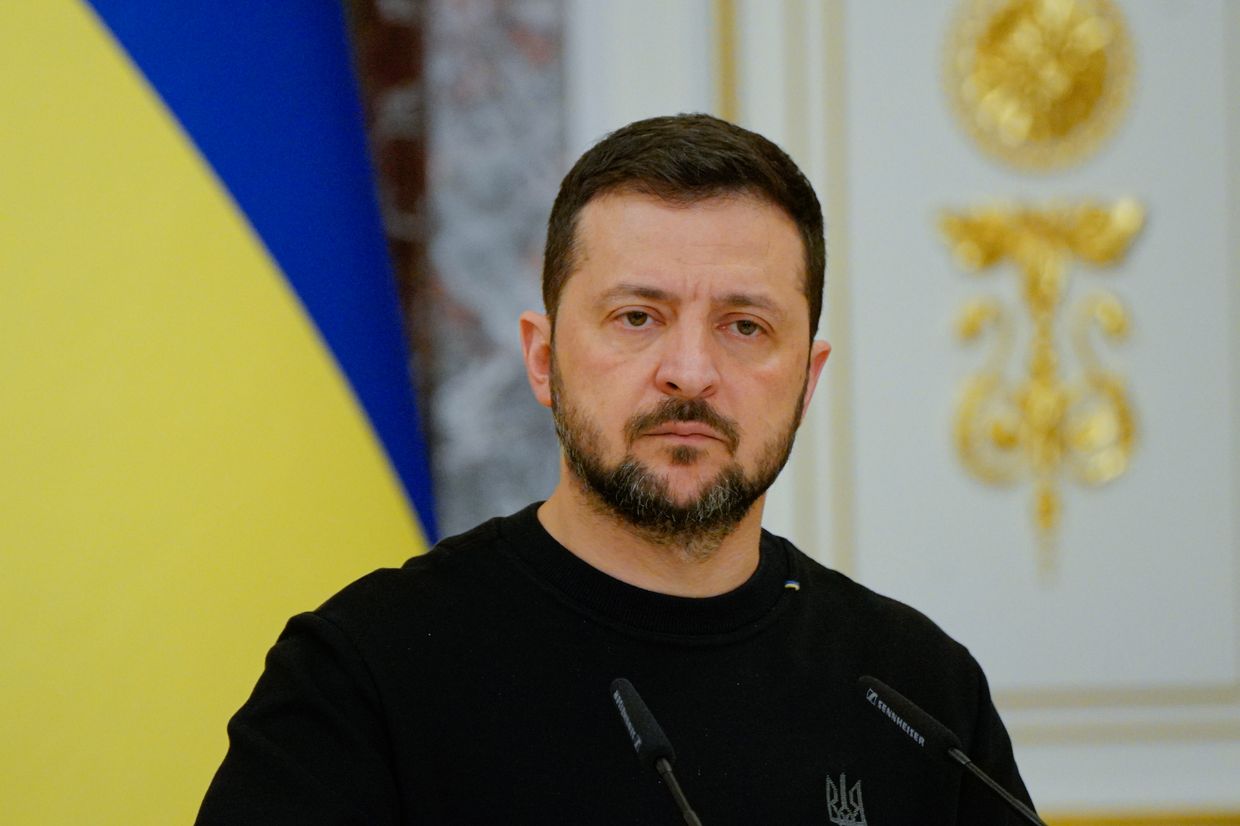
Hungary's FM condemns Ukraine’s bill to suspend Russian energy transit, says his country will block Kyiv's EU accession
Hungarian Foreign Minister Peter Szijjarto condemned a Ukrainian parliamentary bill proposing the suspension of Russian oil and gas transit through Ukraine during martial law, calling the measure "unacceptable" in a Facebook post on Jan. 8.
"The reality is that in the EU, member states collectively and unanimously decide on the admission of new members. In other words, each member state has to vote in favor," Szijjarto said, emphasizing Hungary's influence over Ukraine’s EU aspirations.
The bill, submitted on Jan. 7 by ex-President Petro Poroshenko and members of the opposition European Solidarity party, would ban Russian energy transit through Ukrainian territory.
Ukraine had already decided not to renew its gas transit deal with Russia beyond Dec. 31, 2024, but continues to allow Russian oil transit via the Druzhba pipeline under a contract valid until the end of 2029.
Szijjarto argued that Ukraine has obligations under its EU association agreement to support the bloc's energy security by maintaining transportation routes.
"Each state has the sovereign right to decide from where and how it buys the energy resources it needs to function, and no one has the right to impose more expensive energy resources on another country," he said.
Hungary, along with Slovakia and Austria, remains heavily reliant on Russian gas purchased through Gazprombank, which is under Western sanctions. Szijjarto claimed that closing energy routes would harm Hungary and violate EU expectations for Ukraine’s integration.
On Jan. 7, Szijjarto also accused Ukraine of exacerbating Europe’s economic challenges by halting the transit, allegedly leading to a rise in gas prices on the EU market.
Hungary has repeatedly drawn criticism for its Moscow-friendly stance, including blocking sanctions against Russia and aid to Ukraine. Szijjarto, who continues to visit Russia during the war, has set Hungary apart from other EU nations in its approach to the conflict.













